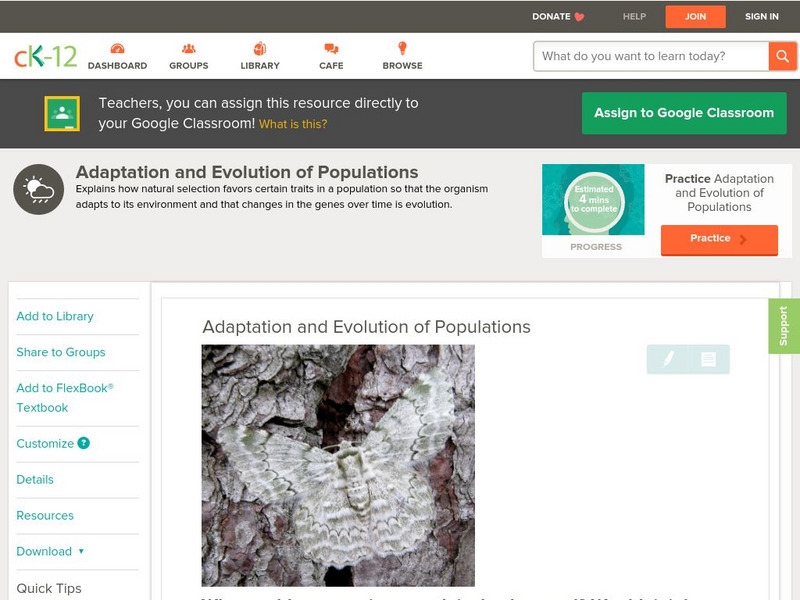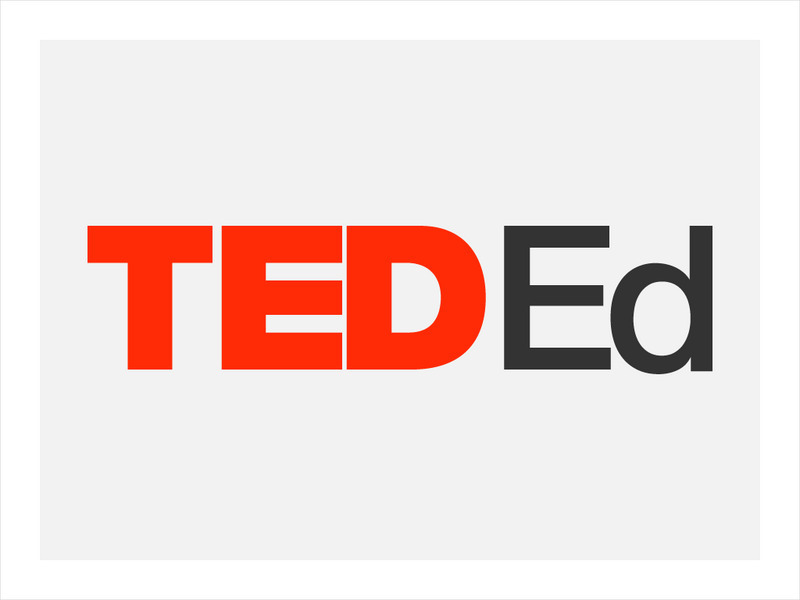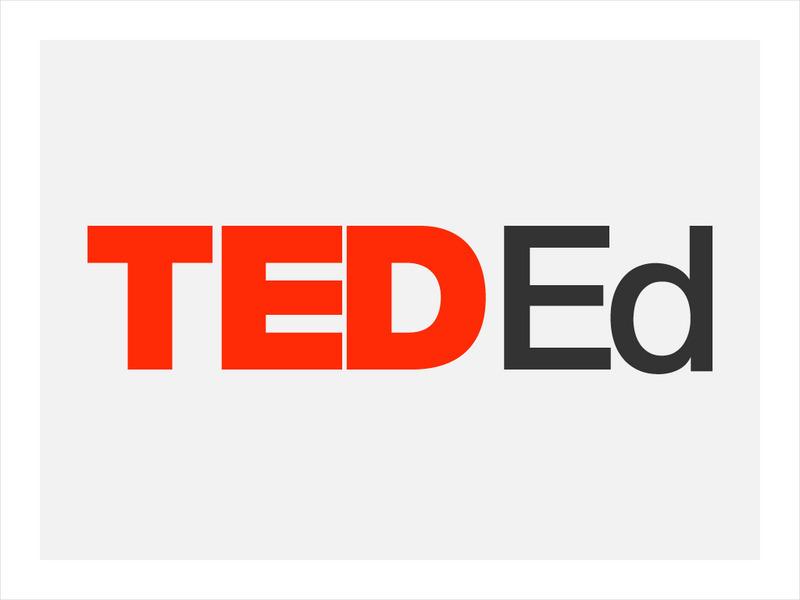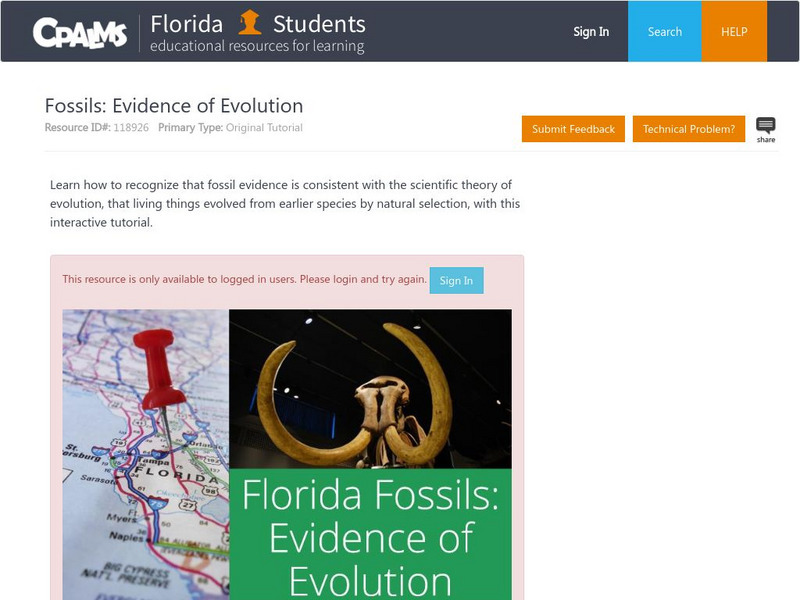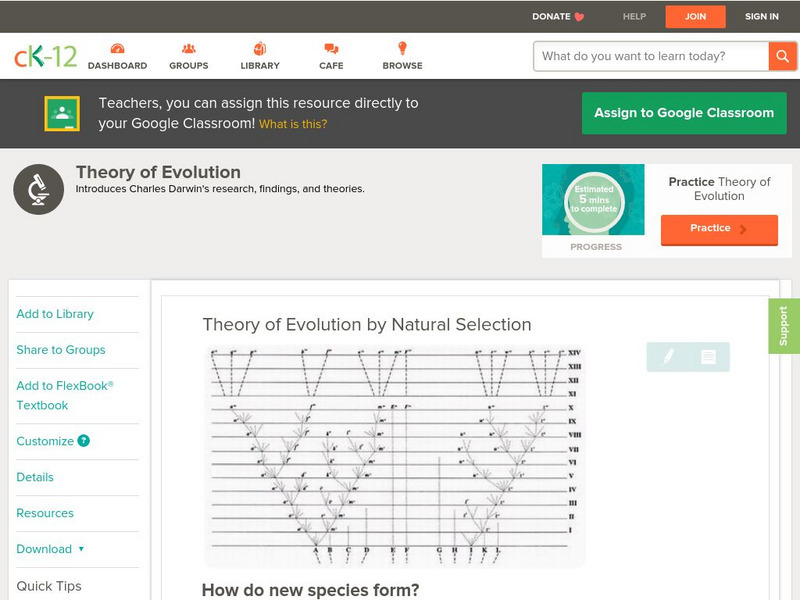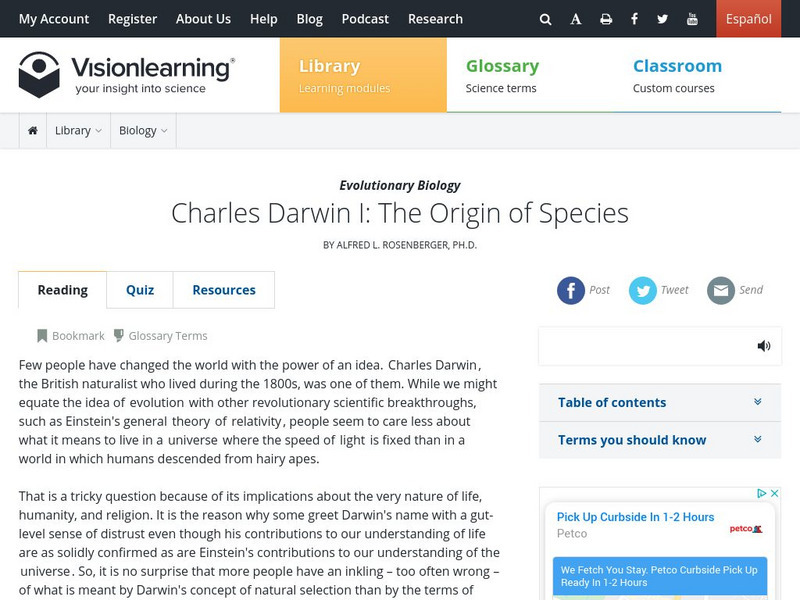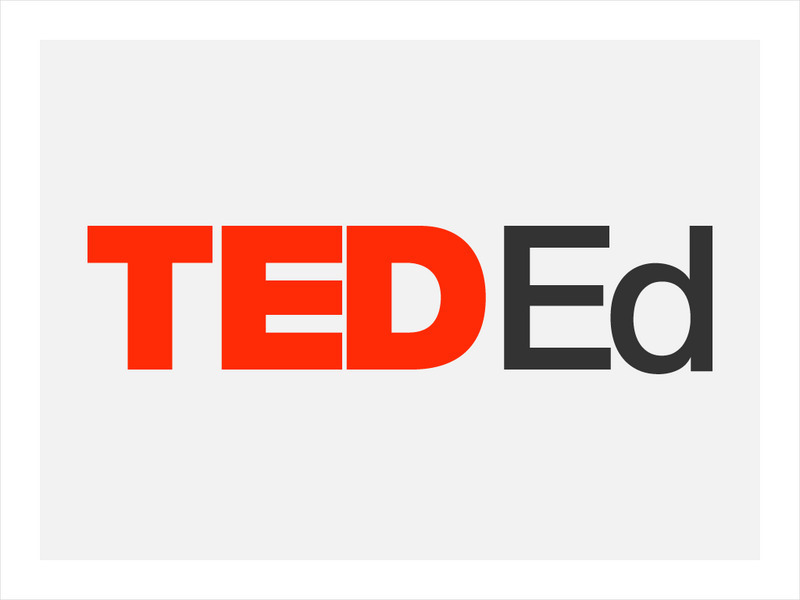University of Southern California
What Lives In The Ocean?
One of the most diverse environments on Earth is the ocean. Young scientists explore the living things found in the ocean during an exciting seven-lesson unit. Their study includes organisms from plankton to invertebrates...
Echoes & Reflections
Nazi Germany
The Holocaust was an evolution of anti-Semitism, scapegoating, and targeted violence against Jews with Nazi policies. A resource unpacks the escalation in violence, along with the erosion of democratic institutions, during the 1930s....
Columbus City Schools
Diversity of Living Things
Here's a topic classes can really dig—the fossil record. Use the well-organized and thoughtful road map to take eighth graders back in time to unearth the answer. Learn how our climate has changed, and how organisms have...
Next Generation Science Storylines
Why Don't Antibiotics Work Like They Used To?
Bacteria get more resistant to antibiotics every year. Learn the reason for this pattern and how scientists are addressing the problem in a six-week unit. Learners analyze different types of bacteria and their adaptations.
Curated OER
Artificial Selection
The second lesson in the series begins with a starter activity discussing wild versus domesticated animals. Then, scholars play a card game, with optional variations, to emphasize artificial selection. Next, they attend a field trip to a...
Columbus City Schools
Get Your Organisms Organized
From large to small, show your class how to organize them all! Included within the guide is everything you need to take their knowledge of classification from the cellular to the species level. The worksheets focus on...
Lerner Publishing
Teaching Habitats
What makes up a habitat? Use this resource to engage first graders in the exploration of desert, wetland, forest, and ocean habitats. Youngsters classify plants and animals into the four distinct habitats through drawings and cutting and...
Roald Dahl
Roald Dahl Matilda Lesson Plans
Fifty eye-catching pages contain six lessons about Roald Dahl's novel, Matilda. Each lesson has a theme and covers a different subject—literacy, social-emotional learning, science, and geography. Scholars analyze characters, examine...
Curated OER
Art Nouveau
Students study the design elements of Art Nouveau, its sources and development. They create art projects in ceramics and glass that exemplify the focus of Art Nouveau as a decorative style.
CK-12 Foundation
Ck 12: Earth Science: Adaptation and Evolution of Populations
[Free Registration/Login may be required to access all resource tools.] Explains how natural selection favors certain traits in a population so that the organism adapts to its environment, and that changes in the genes over time cause...
CK-12 Foundation
Ck 12: Earth Science: Adaptation and Evolution of Populations
Overview of the basic concepts behind evolution, such as gene variation and adaptations.[Free Registration/Login may be required to access all resource tools.]
Georgia Department of Education
Ga Virtual Learning: Biology: Evolution
Through informational text, online lab activities, virtual simulations, and video clips, students study the concepts of biological evolution.
Other
Ms. Inselberger's Ap Bio Blog: Why Evolution Is True
In Mr. Coyne's discussion of natural selection, he also illustrates the idea of "adaptive behavior". In full detail, he describes the Asian Giant hornet and all of its physical attributes with which it brutally devours the introduced...
CK-12 Foundation
Ck 12: Episd: Evolution of Life
[Free Registration/Login may be required to access all resource tools.] Meet Charles Darwin and his theory of evolution and natural selection. Understand why adaptations are important.
Vision Learning
Visionlearning: Biology: Adaptation: The Case of Penguins
Instructional module focusing on why species change over time through behavioral and physical adaptations. Discusses how environmental mechanisms influence adaptive evolution. Site also includes an interactive practice quiz and links...
TED Talks
Ted: Ted Ed: Can Wildlife Adapt to Climate Change?
With rising temperatures and seas, massive droughts, and changing landscapes, successfully adapting to climate change is increasingly important. For humans, this can mean using technology to find solutions. But for some plants and...
TED Talks
Ted: Ted Ed: Five Fingers of Evolution
Video discusses the concept of evolution and the five processes that can cause it to happen. [5:24] Includes a brief quiz and a list of additional resources to explore.
CPALMS
Florida State University Cpalms: Florida Students: Florida Fossils: Evidence of Evolution
See how fossils have shown evidence of evolution throughout the history of the Earth.
Concord Consortium
Concord Consortium: Evolution: Variations and Adaptations
Students discover that variation in plants allows some varieties to survive in near-drought conditions. Next, students learn that different types of rabbits prefer to eat different varieties of plants. Students make the connection...
CK-12 Foundation
Ck 12: Biology: Theory of Evolution by Natural Selection
[Free Registration/Login may be required to access all resource tools.] Covers Darwin's theory of evolution by natural selection.
TED Talks
Ted: Ted Ed: Evolution's Gift of Play, From Bonobo Apes to Humans
Learn about our similarity to apes, and how they solve their problems so peacefully at times but humans, the more "advanced" species, can behave so primitively. [7:02]
CK-12 Foundation
Ck 12: Episd: Biogeography
[Free Registration/Login may be required to access all resource tools.] Why connect biology and geography? This module will provide resources for students to understand continental drift theory, human population and its distribution, and...
Vision Learning
Visionlearning: Biology: Charles Darwin I: The Origin of Species
Instructional module focusing on the early work of Charles Darwin. Discusses Darwin's key role in supporting and describing the theory of evolution as driven by natural selection. Site also includes an interactive practice quiz and links...
TED Talks
Ted: Ted Ed: The Evolution of Animal Genitalia
Genitals are the fastest-evolving organs in the animal kingdom. Menno Schilthuizen explains how the evolutionary biology of nature's nether regions uncovers a hidden world of seduction, conflict, and rivalry.










